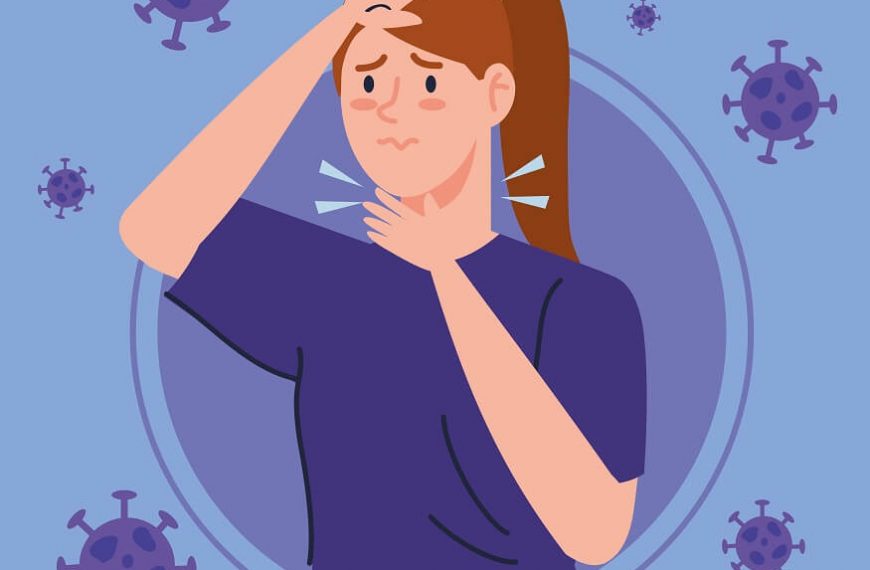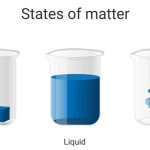There are a host of viruses out there that cause colds, sore throats and coughs in children and are extremely common, especially the moment kids start going to daycare. More often than not, they resolve without medical intervention or medicines. But once in a while, children develop a bacterial infection over and above the viral infection and that can make them quite ill. One such bacteria is invasive Group A Strep or iGAS but the good news is that it is rather rare. Strep A infection symptoms are fever and a sore throat, commonly called Strep throat, but there’s no runny nose or cough. Strep A infection treatment with antibiotics hastens the recovery. Strep throat is not very common in toddlers below the age of 3 years. If they get infected, they usually have milder symptoms with fever, fussiness, runny nose and a poor appetite but usually there are no throat problems.
Strep A Infection Symptoms
- Fever
- Pus on their tonsils
- Inflamed tonsils
- Sore or tender lumps under the chin
- Feeling poorly for a few days
- Nausea or vomiting
- No runny nose or cough
If your child has these Strep A infection symptoms, it is time to visit the doctor. Strep A infection if not treated on time can lead to pharyngitis, tonsillitis and skin infections like cellulitis and impetigo. Usually, these infections are mild enough to resolve on their own. Very rarely, iGAS can cause scarlet fever which is accompanied by a sore throat, high fever, headache along with a fine, red body rash that feels like sandpaper. The rash may not be obvious on darker skin but will have a sandpapery feel. There may also be redness on the tongue or lips. Early treatment of scarlet fever with antibiotics reduces complications like pneumonia or an infection of the bloodstream or sepsis. Early treatment is possible at home easily but your child should be isolated for at least 24 hours after the start of the antibiotic treatment. This prevents the infection from spreading to others very effectively. More often than not, antibiotics, fluids and rest do the job and kids can go back to school and play in a few days.
Diagnosis
If your child has a sore throat and other symptoms, the doctor is likely to do a rapid strep test with a cotton swab. A sample of the fluids at the back of the throat is taken and the test takes about 5 minutes. If the test is negative, a sample will be sent to the lab for a throat culture and the results take a few days.
Prevention of Strep A Infection
- Strep A infection spreads through sneezes and coughs, saliva and snot, that is via respiratory transmission. Respiratory and hand hygiene have to be stressed as it stops the spread of infections. Teach your child how to wash their hands properly with soap for at least 20 seconds, use a tissue when coughing or sneezing and isolating themselves when feeling unwell.
- Children should not go to school and should stay away from vulnerable adults and children.
- When there are viruses like the flu virus circulating, Strep A bacteria can use this to get a hold. The only way to effectively curb the spread of iGAS is through vaccination. Getting yourself and your child vaccinated ensures they are protected from serious illnesses.
Complications of Strep A Infection
Complications are quite rare now with the use of antibiotics. As mentioned above, there can be a complication of scarlet fever which includes throat abscess, ear infections and pneumonia. In extremely rare cases, Strep A causes rheumatic fever which can cause heart problems and joint pains. In remote cases, there may be a risk of PANs or paediatric acute onset neuropsychiatric syndrome and PANDAs, which stands for paediatric autoimmune neuropsychiatric disorder associated with streptococcal infections.
Symptoms That Require Urgent Medical Help
● If your child seems very ill and is not responding to the relief medicines, it is imperative to seek medical help immediately. You should look out for the symptoms given below and consult a doctor immediately.
- A poor appetite is not worrying but if they are not drinking fluids or passing urine, it’s a matter of concern.
- The child is eating significantly less than normal, is drooling while eating or appears to have difficulty and pain while swallowing.
- For a baby under 3 months of age, a fever of 38°C or a higher fever which doesn’t respond to ibuprofen or paracetamol in an older child. In an older child, a temperature that has lasted for more than 5 days even after medication.
- Irregular breathing, difficulty in breathing, flaring nostrils, faster breathing than usual, long gaps between each breath, grunting sounds while breathing and muscles around the ribs pulling in with each breath are symptoms to be addressed at once.
- Bluish tinge in the skin, lips or tongue.
- Lethargy, sleeping more than usual and being difficult to wake up are worrying symptoms.
- Your child starts showing symptoms of dehydration like crying without tears, a dry nappy for 12 hours or more, feeling thirsty, dark yellow and strong smelling urine, passing less urine than usual, feeling lightheaded and dizzy,sunken eyes and a dry mouth, lips and tongue.
- Your child feels very clammy or cold to touch
- Moderate to severe pain in their limbs, back or neck
- Painful, red rash on the skin, which gets bigger quickly
Strep A infections are very common but home care with antibiotics, lots of rest and fluids can make them feel better in a short time. If your child has a fever, ensure that they take a lot of fluids or oral rehydration solution to prevent dehydration. Serve soft foods or soup if your child has difficulty swallowing. Smoothies, popsicles or ice cream is also recommended. Lemonade, orange juice or other acidic beverages should be avoided as they may aggravate a sore throat. Over the counter medicines like paracetamol and ibuprofen work well to bring down fever but aspirin should be avoided for children younger than 18 years. Most children can go back to school about 12 hours after they have taken antibiotics and no longer have a fever. Strep A infections are a part of growing up and are almost like a rite of passage. With proper awareness and management, your munchkin will be back on their feet in no time. Do get in touch with EuroKids for more information on this common ailment and its easy management.
















